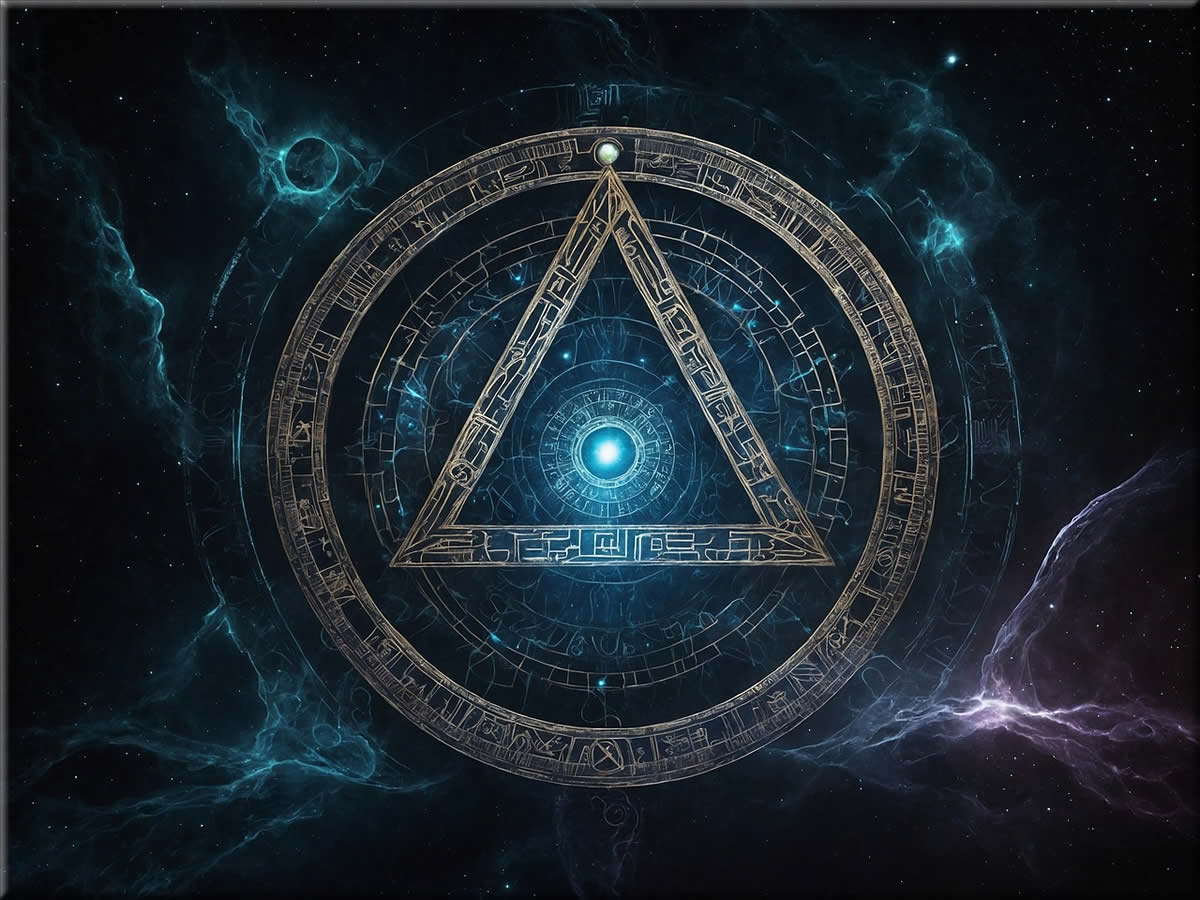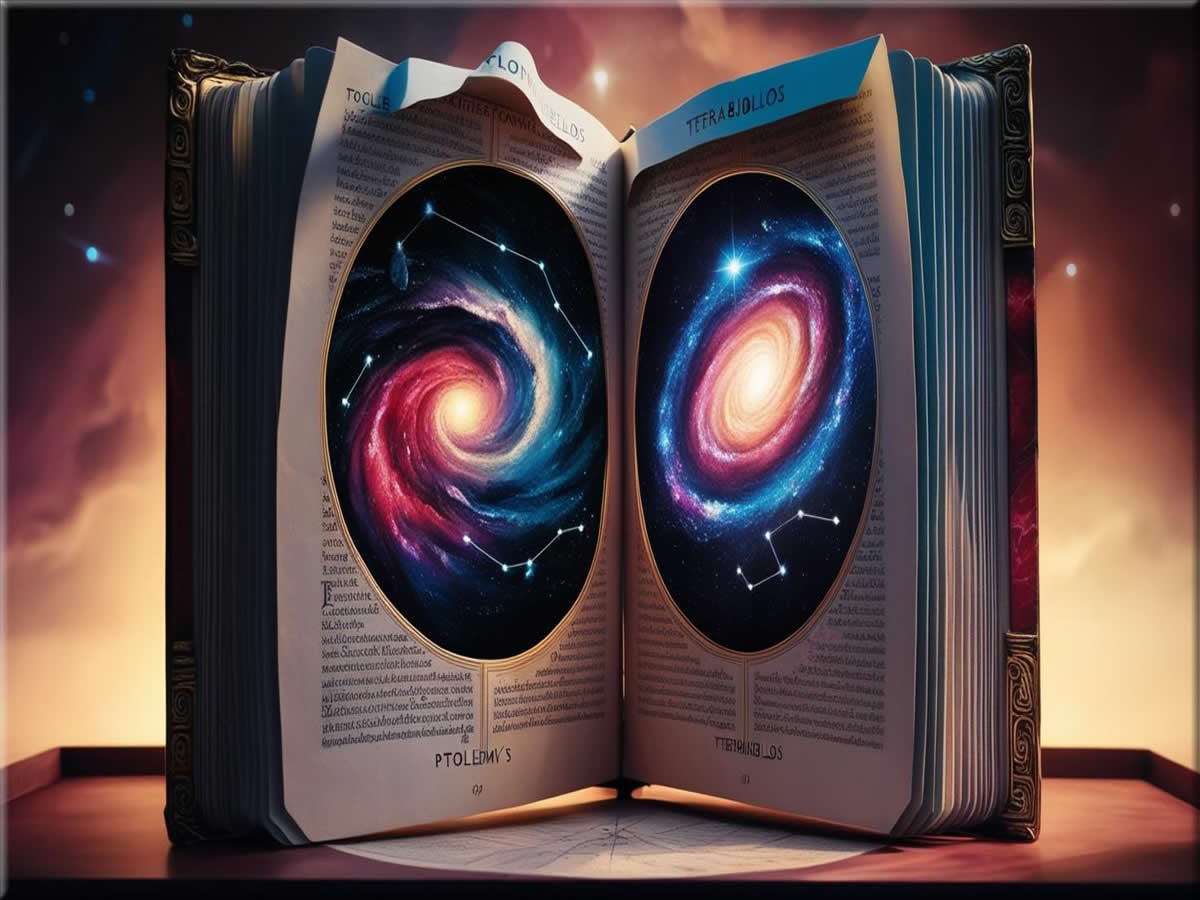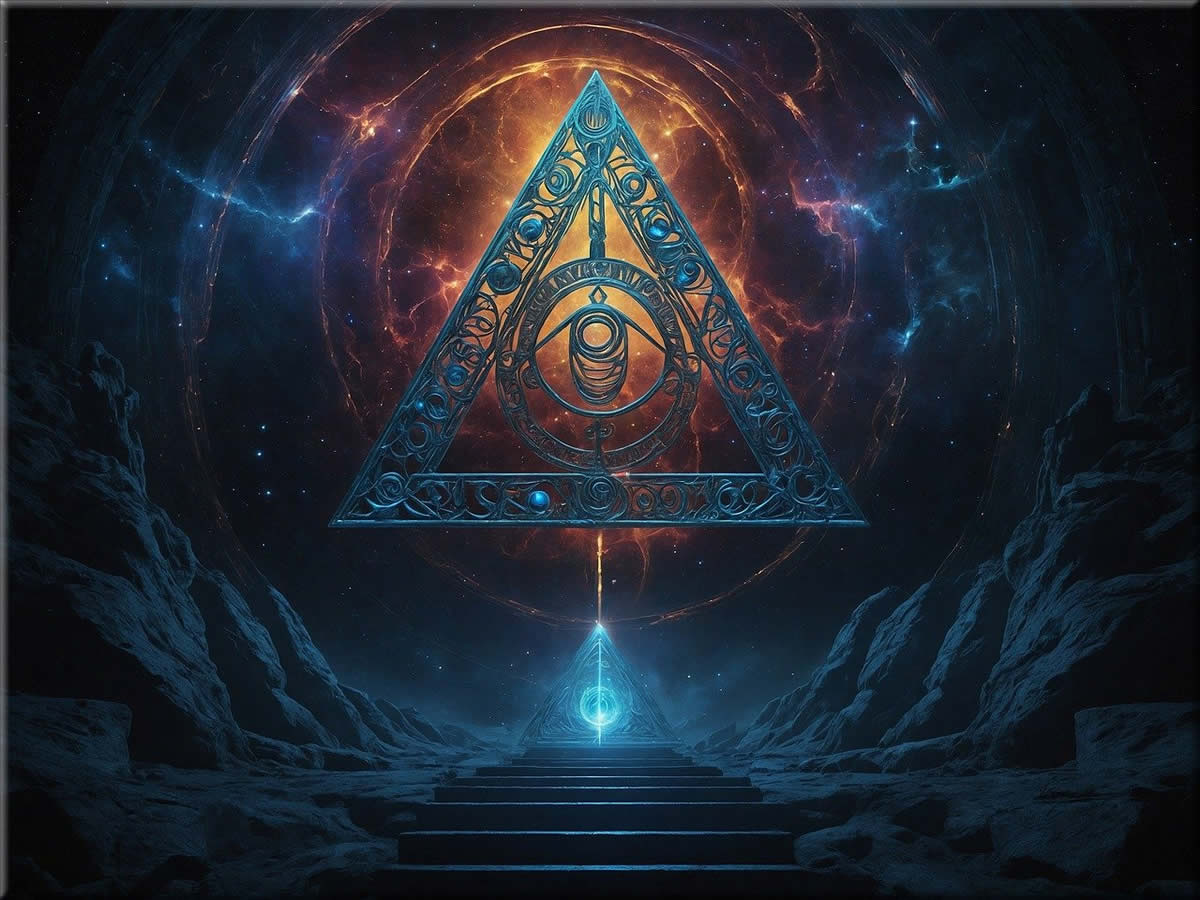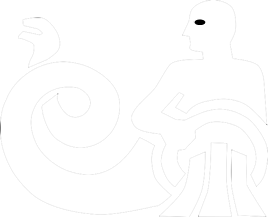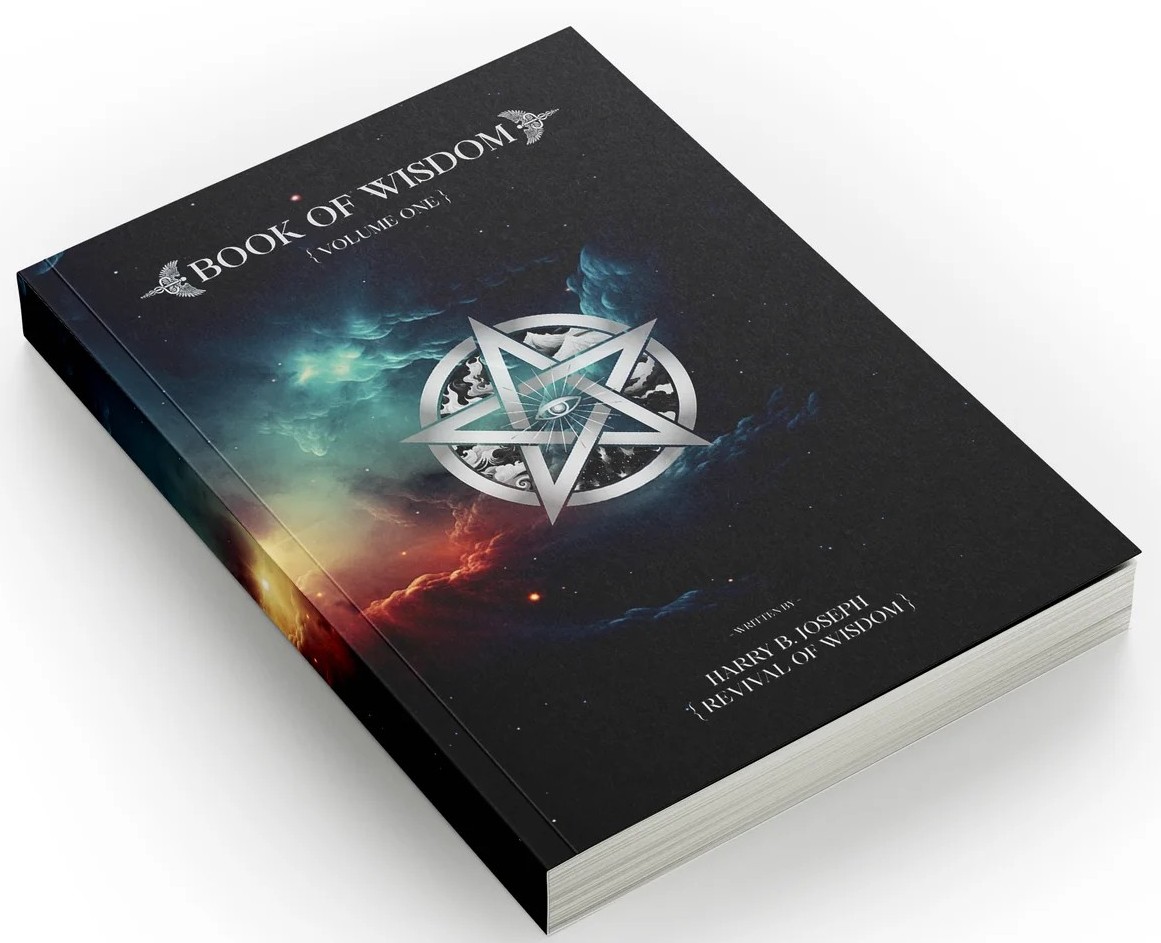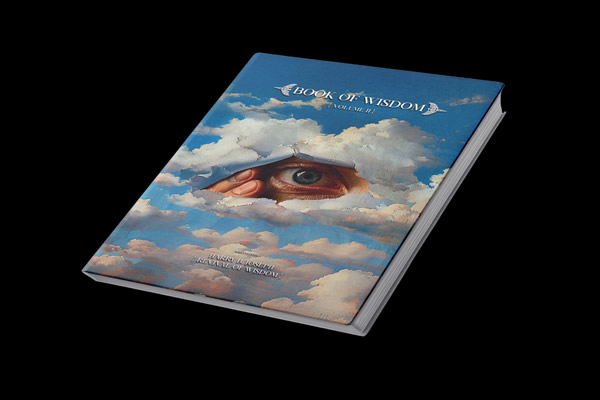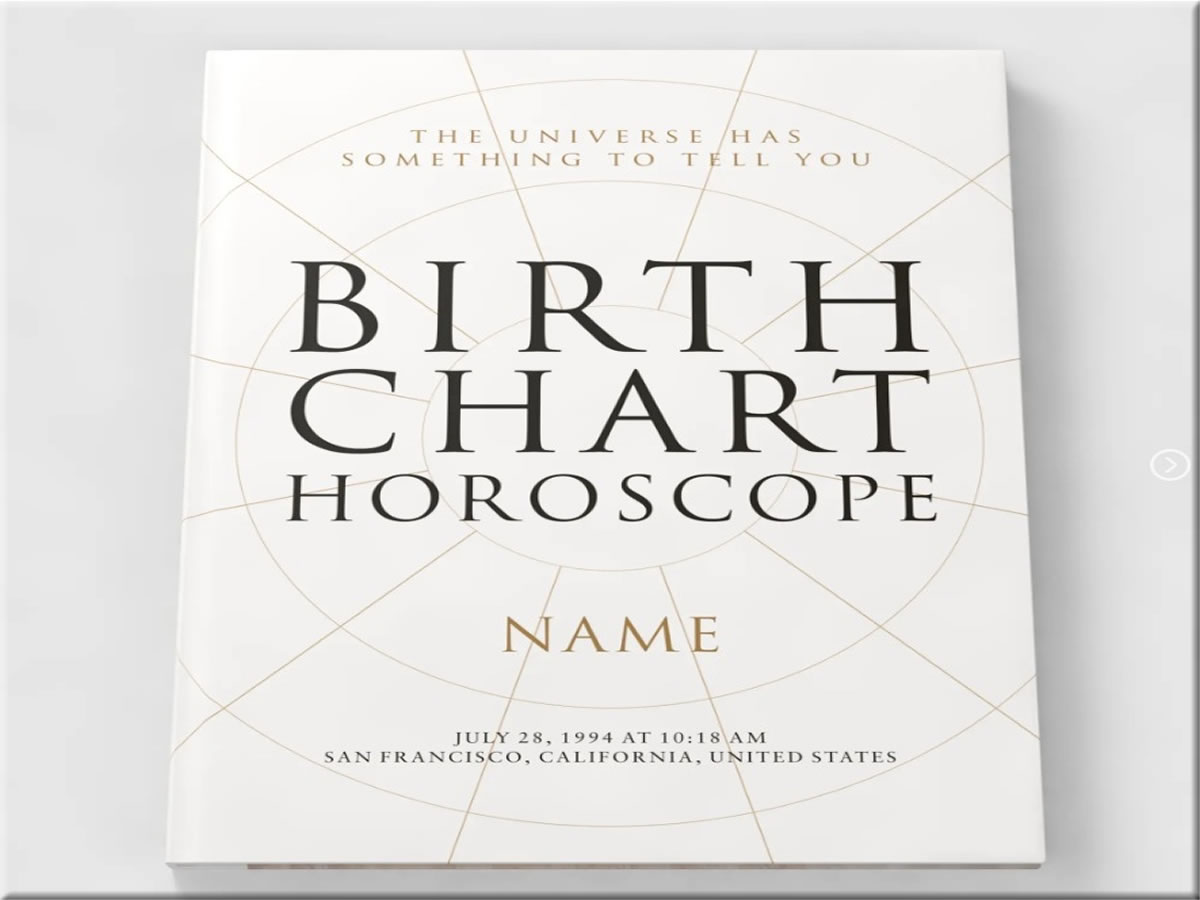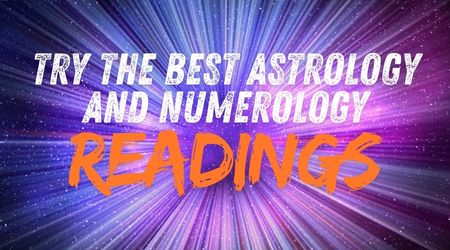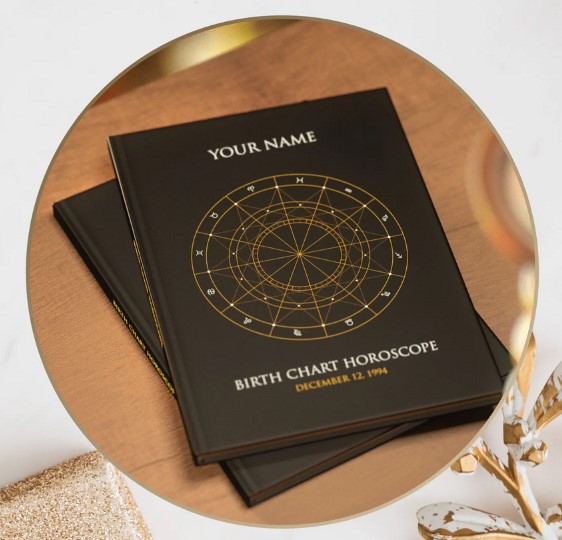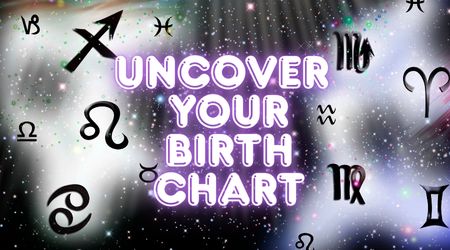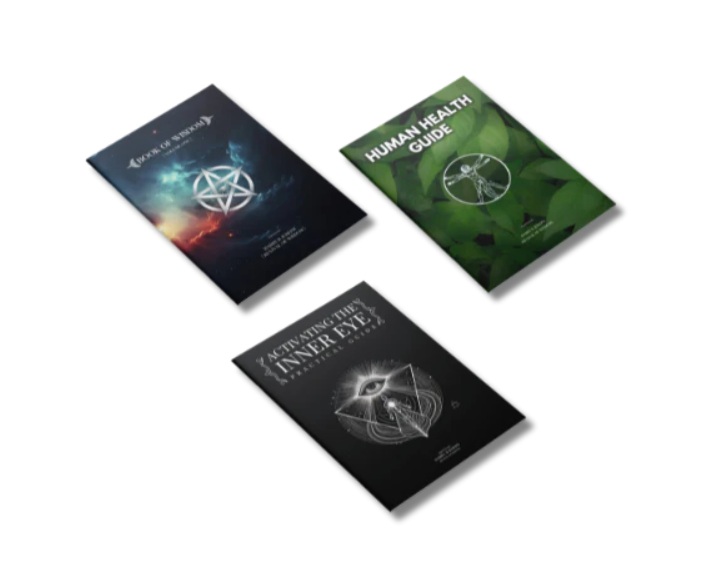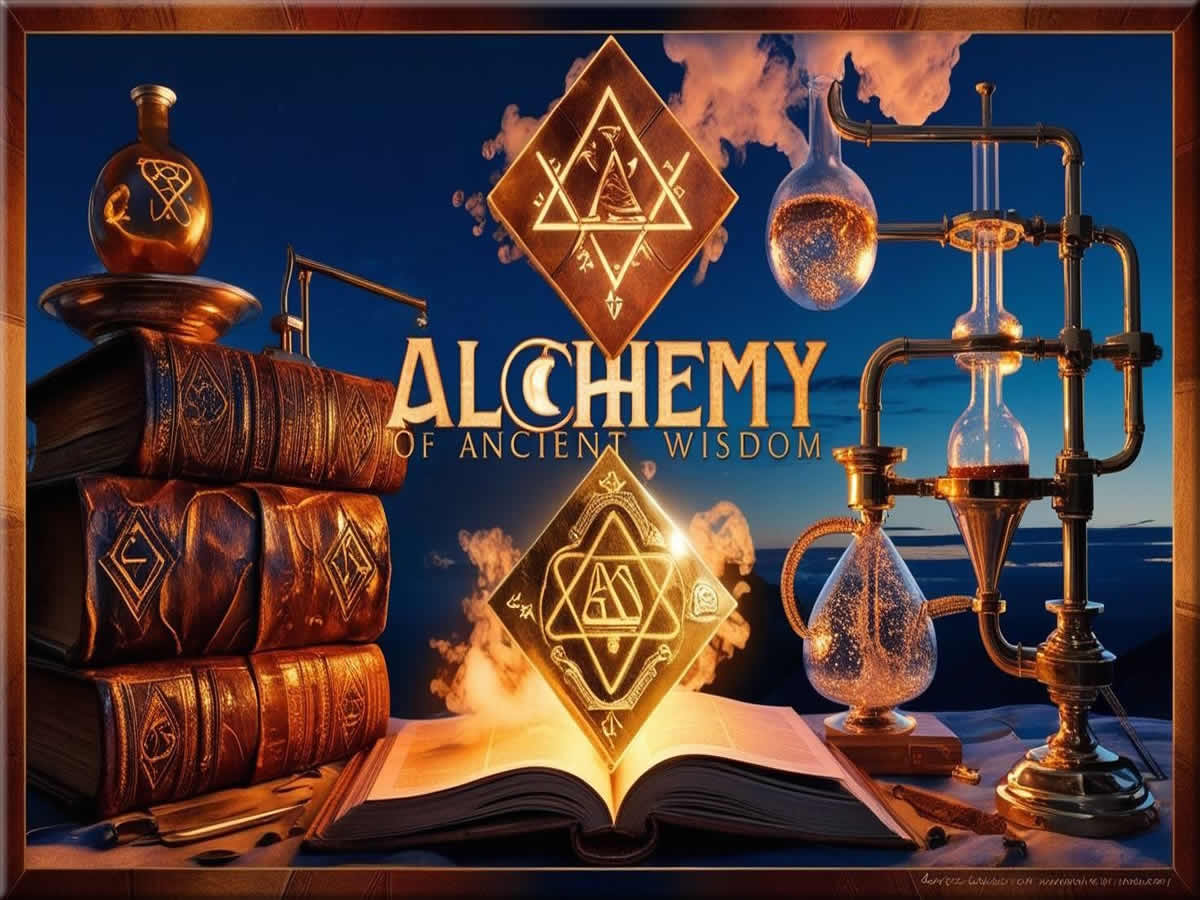
The Alchemy Of Ancient Wisdom
Alchemy wisdom is one of humanity’s oldest quests for understanding, a blend of mystique and knowledge that stretches beyond simple chemistry. When we examine ancient alchemical traditions, we see a fascinating dance between science and spirituality that defined the practices and even worldviews of past eras. The magic, which genuinely feels like magic, lies not just in turning lead into gold but in how deeply these ideas interweave within the cultures of Egypt, China, and beyond.
The origins of alchemy wisdom are rooted in some of the world’s oldest civilizations. With its rich tapestry of gods and mysticism, Egypt provided more than just the historical backdrop. Here, the methods of art and myth were woven together to form what became known as the Hermetic tradition. Meanwhile, in ancient China, alchemical practices centered on transforming metals, achieving immortality, and purifying the spirit. Whether through Egyptian temples or Chinese sages, there’s a deep-seated respect for nature’s secrets and the desire to unlock them.
Symbolism runs deep in alchemical texts, offering a language all its own. Images like serpents devouring their tails or suns and moons showcase a cyclic worldview, a reminder that transformation is continuous and omnipresent. Each symbol, whether the mythical Philosopher’s Stone or the elusive Elixir of Life, speaks to aspirations beyond physical change. They symbolize human hopes, fears, and dreams of ascension and understanding.
At its core, alchemy embodies an early union of philosophy and scientific exploration. It’s not just about material change; it’s about a philosophy that sought to explore the unknown. Alchemists weren’t mere experimenters; they were philosophers and spiritual seekers, blending observation with metaphysical inquiry to craft a worldview where both worlds enriched one another. Such thoughts paved the way for beliefs and methods that, remarkably enough, still echo in our curiosities and explorations today.
Unlocking the Secret Ingredients: Elements and Theories
In this journey through the wisdom of alchemy, let’s explore its core: the elements and transformative theories that fascinated ancient minds. Alchemy’s four classical elements—Earth, Water, Air, and Fire—are more than mere building blocks. They represent a holistic understanding of the universe’s makeup, a precursor to the modern periodic table. Think of them as the essential life forces that define physical phenomena and human temperament and existence, a way to make sense of the world’s complexity.
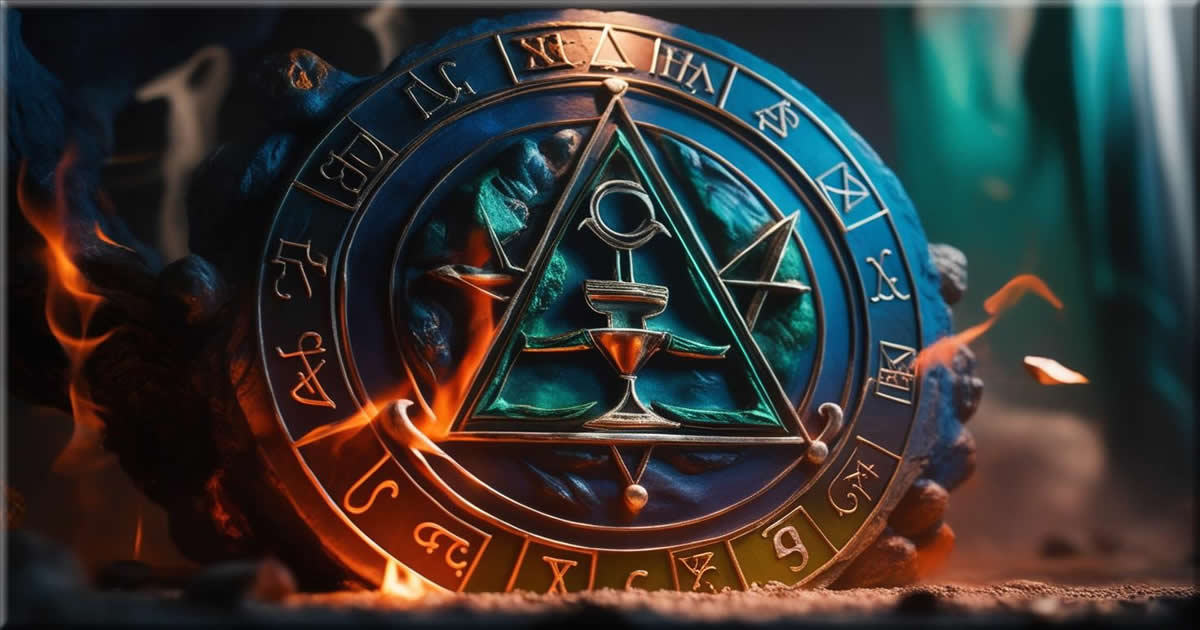
Perhaps no concept from alchemy is as famous as the elusive Philosopher’s Stone. Often depicted as pure wisdom materialized, this legendary artifact was believed to be capable of transforming base metals into gold and granting eternal life. While the Philosopher’s Stone might seem impossible by today’s scientific standards, the idea captures what drove so many alchemists—a relentless quest for physical and spiritual perfection.
Alchemical practices had a profound impact on the development of early chemistry. The processes pioneered by alchemists, like distillation and crystallization, laid the groundwork for later scientific experimentation. These ventures into uncharted territory opened a world of practical and theoretical possibilities where the line between magic and science often blurred.
Transmutation, the art of transforming one substance into another, lies at the heart of alchemical goals. To many, it was more than physically changing metals; it symbolized potential and reinvention, showing humanity’s capacity to strive beyond its limitations. This philosophical underpinning has persisted, reflecting a more profound understanding that true transformation may begin with inner change, inspiring individuals to see beyond the literal and touch on the metaphorical power within.
The Book of Wisdom is a must-have book for every free-thinker and truth-seeker. It offers a wealth of knowledge, encompassing both surface-level truths and deep, hidden insights from the esoteric realm.
The Alchemist’s Journey: Practices and Transformations
The alchemist’s role was multidimensional, part scientist, philosopher, and seeker. They weren’t just transforming metals but probing into life’s mysteries. The path of alchemy is often seen as a metaphor, an inner journey complementing their outer work. It’s about achieving personal and spiritual mastery, reflecting the belief that to master a craft, one must first master oneself.
The tools and rituals of alchemy were as diverse as the goals they aimed to achieve. From mysterious laboratories filled with alembics and acids to manuscripts laden with cryptic symbols, every instrument and text served a purpose. Distillation wasn’t only about purifying substances, but also about purifying the soul, a practice believed to mirror and influence the alchemist’s inner growth.
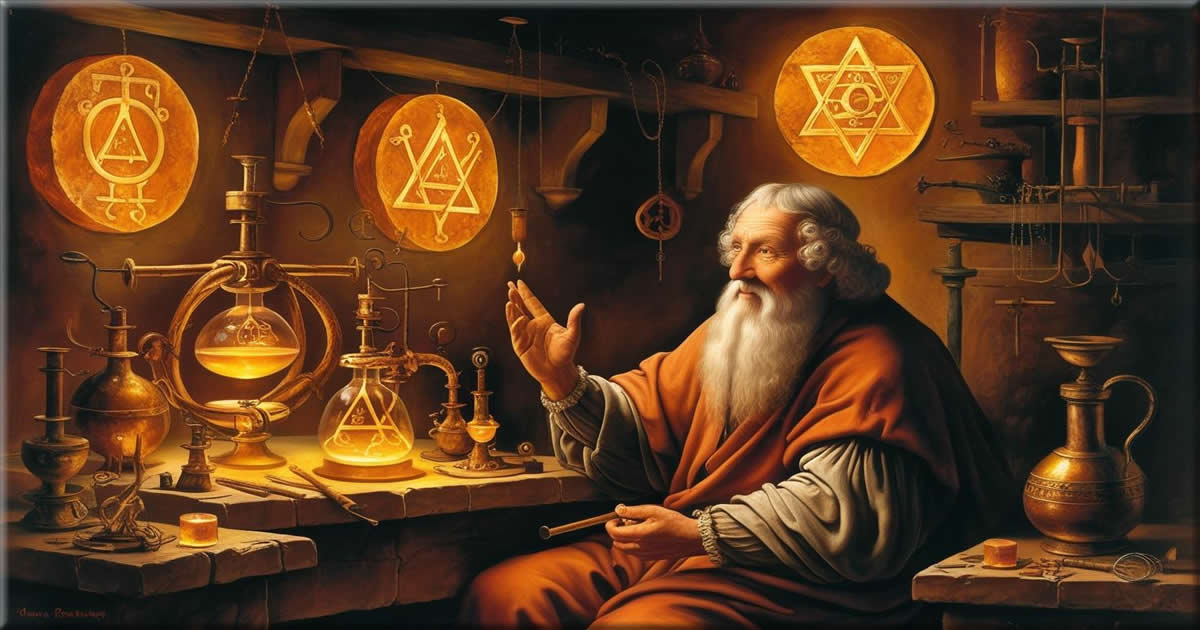
History gives us tales of renowned alchemists whose quests have left indelible marks. Figures like Paracelsus and Isaak Newton interpreted alchemy in ways that blended cultural wisdom with groundbreaking ideas. Their stories weren’t just about their successes, but also about their pursuit of understanding and transformation, inspiring many who followed after them. These narratives highlight the varied and personal nature of the alchemical journey.
Alchemy, a metaphor for personal development, is enduringly relevant. It suggests that actual change is as much about internal growth as it is about external success. For those exploring their life paths, adopting an alchemical mindset means recognizing that personal evolution is an ongoing process and that transformation extends beyond the surface.
The Wisdom of Alchemy in Modern Times
Today’s world still feels the echoes of alchemical wisdom, particularly within spiritual practices. Despite the shift to the scientific method and modern reasoning, the philosophical heart of alchemy remains compelling. People explore its teachings in meditation, mindfulness, and holistic healing, blending ancient insights with contemporary spirituality to inspire personal growth and enlightenment.
Alchemy’s symbolic richness is found in literature, film, and art. From Harry Potter to Paulo Coelho’s “The Alchemist,” the quest for transformation and truth resonates widely. These stories aren’t just entertainment; they capture timeless struggles and aspirations, echoing our desires to understand and transcend our limitations.
Volume 2 continues the profound themes introduced in the predecessor even deeper into the complexities of existence and the pursuit of knowledge, encouraging readers to question established beliefs.
While today’s science has moved beyond the mystical practices of the past, some alchemical principles unexpectedly align with modern psychology and science. Transformation and integration are frequently explored in therapeutic practices, suggesting that even ancient ideas hold a kernel of relevance and truth.
The resurgence of interest in ancient mysticism and wisdom reflects a more profound need for balance and understanding in today’s fast-paced world. As people seek more meaning, returning to the ancients offers insights grounded in historical practices tailored to contemporary needs. These teachings continue to inspire us, demonstrating that the pursuit of wisdom and transformation remains as relevant today as it was millennia ago.
Related Topics
